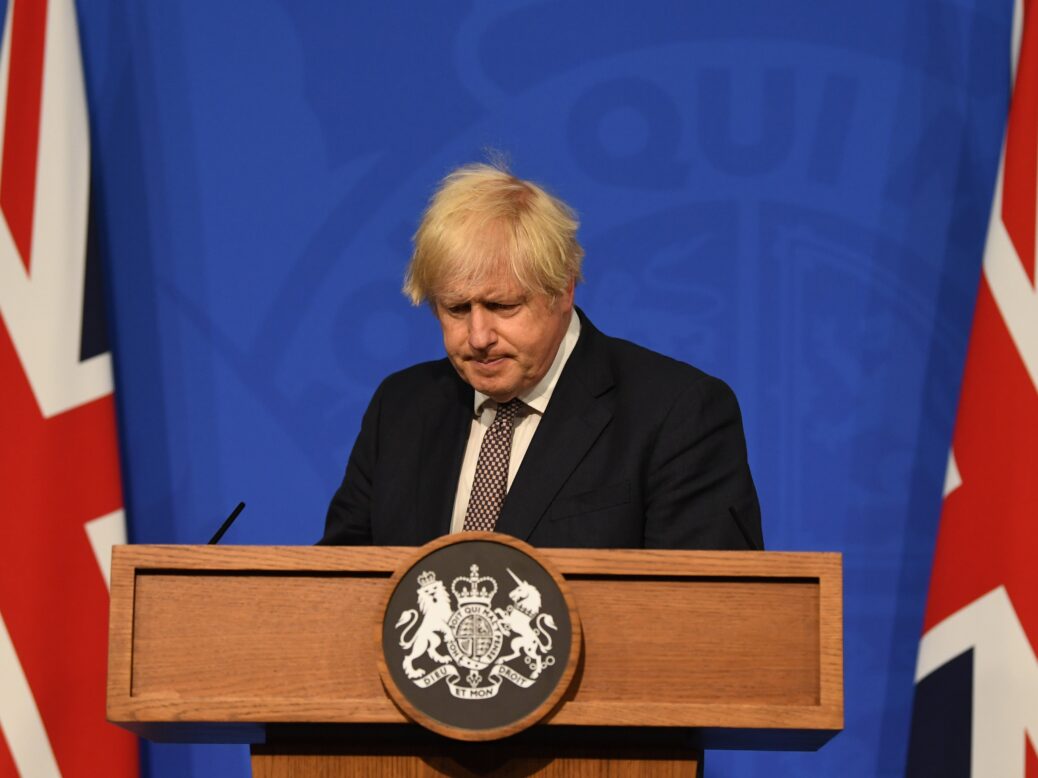
Boris Johnson has announced that almost all coronavirus restrictions in England will end on 19 July, including the legal requirement for face masks, the ban on nightclubs opening and the rule of six for indoor contact. This is despite a Sage paper, dated 22 April but published yesterday, underlining the “importance of maintaining low prevalence” of the virus and warning of a “significant risk” in allowing cases to rise. This is all pending confirmation on Monday (12 July), when there will be a final review of the data.
Boris Johnson is often criticised for having few deeply held political beliefs, or, at least, few political beliefs that don’t clash with each other. He is a “cake-and-eat-it” politician for the most part, who promises a hard Brexit but an open border for Northern Ireland, high investment but no tax rises, and who, famously, wrote two draft Telegraph columns advocating for both Brexit positions before deciding to back Leave.
The lifting of restrictions is one area where the Prime Minister is clear about what he believes. He is sticking to his libertarian instincts and channelling the fictional politician he once said was his hero: the mayor in Jaws, who keeps the beaches open despite the risk from sharks. In this he is backed by his parliamentary party and a rebalanced cabinet, with new health secretary Sajid Javid tipping the balance among the “quad” of top cabinet members in favour of a bolder approach to unlocking.
He is also, unusually for a politician and a Downing Street so attentive to public opinion, at odds with the public on the issue, with a ComRes poll showing 52 per cent are against the removal of the requirement to wear masks (and only 31 per cent in favour) and a majority stating they don’t believe the public can be trusted to take measures to protect themselves from coronavirus.
This is a rare issue where Johnson is leading, not following, and taking a huge risk in the process. But by letting the state take one step back, ending legal requirements and pivoting to “common courtesy” and guidance, he is also putting himself in a position he finds more ideologically and politically comfortable after over a year in which the state has had unprecedented reach into our lives.
But will the unlocking last? No one at yesterday’s press conference seemed confident it would, in anticipation of a very difficult winter. After months of promises that the unlocking would be “cautious” and “irreversible”, the consensus from the government itself, and its scientific advisers, seems to be that this unlocking is a risk, and potentially reversible.






